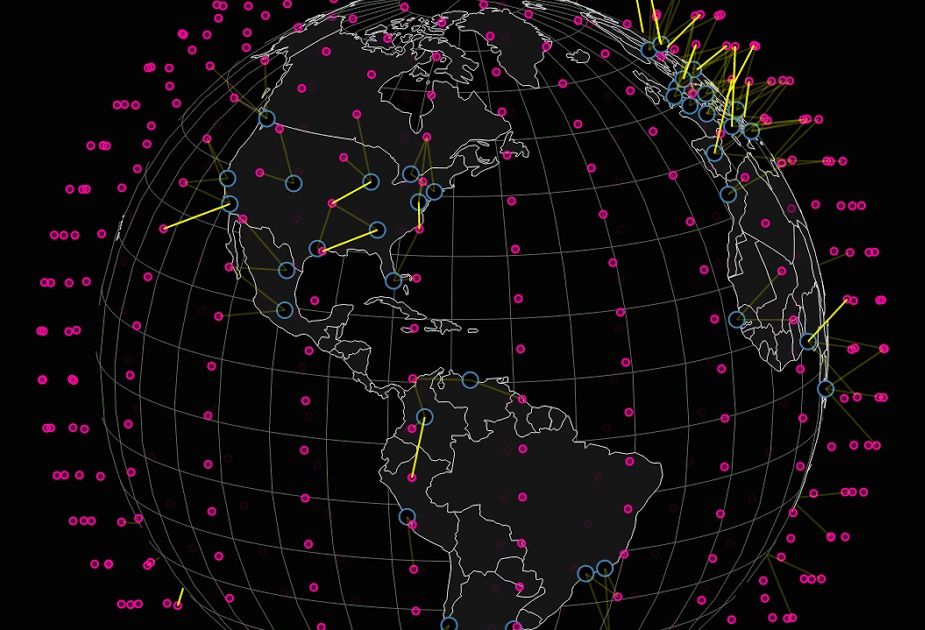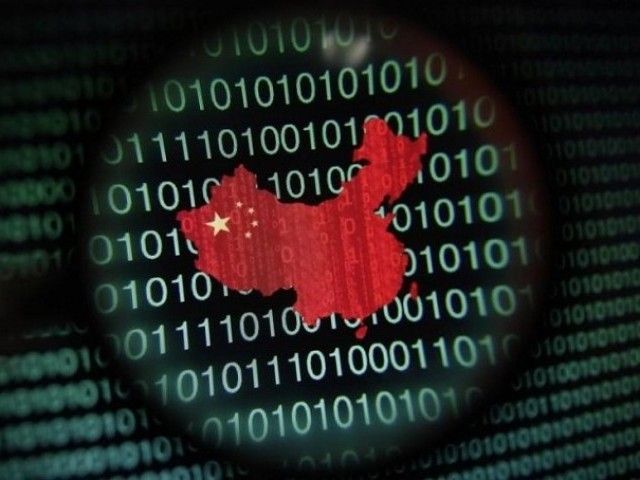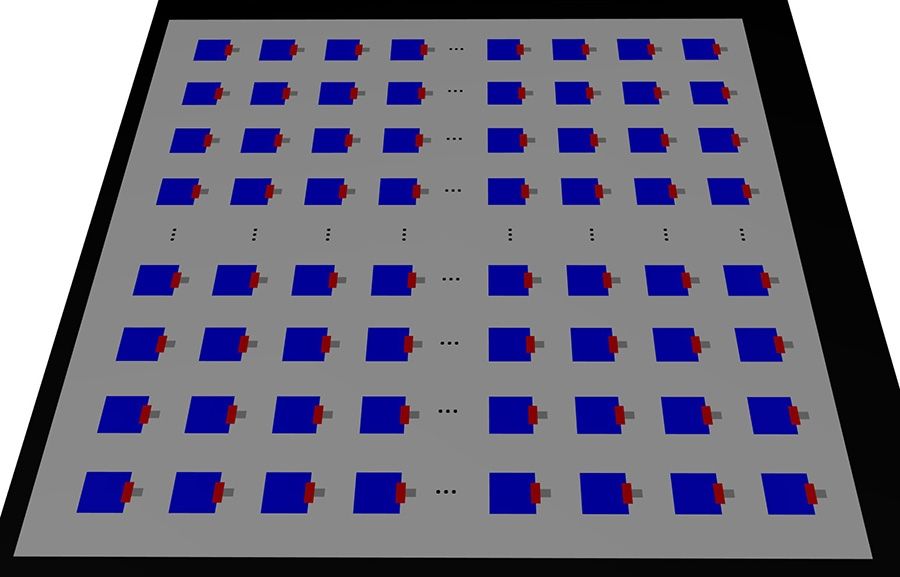Nov 19, 2016
Designing for Disappearing Interfaces
Posted by Shane Hinshaw in categories: futurism, internet
“I will answer very simply, that the internet will disappear… It will be part of your presence all the time.”
That was Eric Schmidt talking on a panel about the future of the web earlier last year. He’s referencing a vision of the future which, not too long ago would have felt very much a work of science fiction.
But today, we inch closer to this idea of architecturally integrated, living, breathing, dynamic spaces. The internet becomes something that’s omnipresent, instead of just something you click on.


















